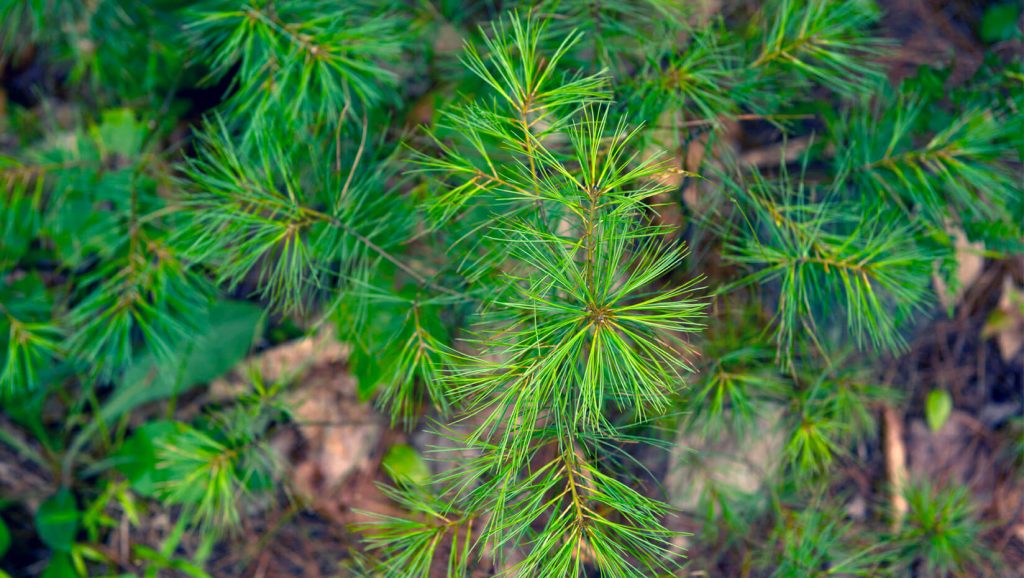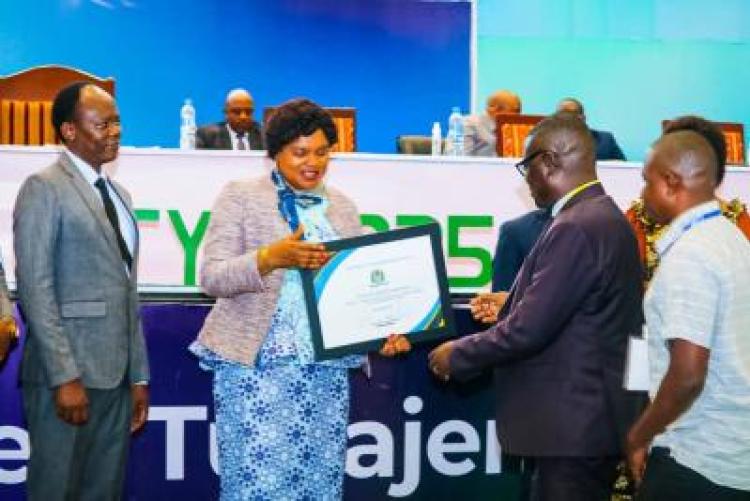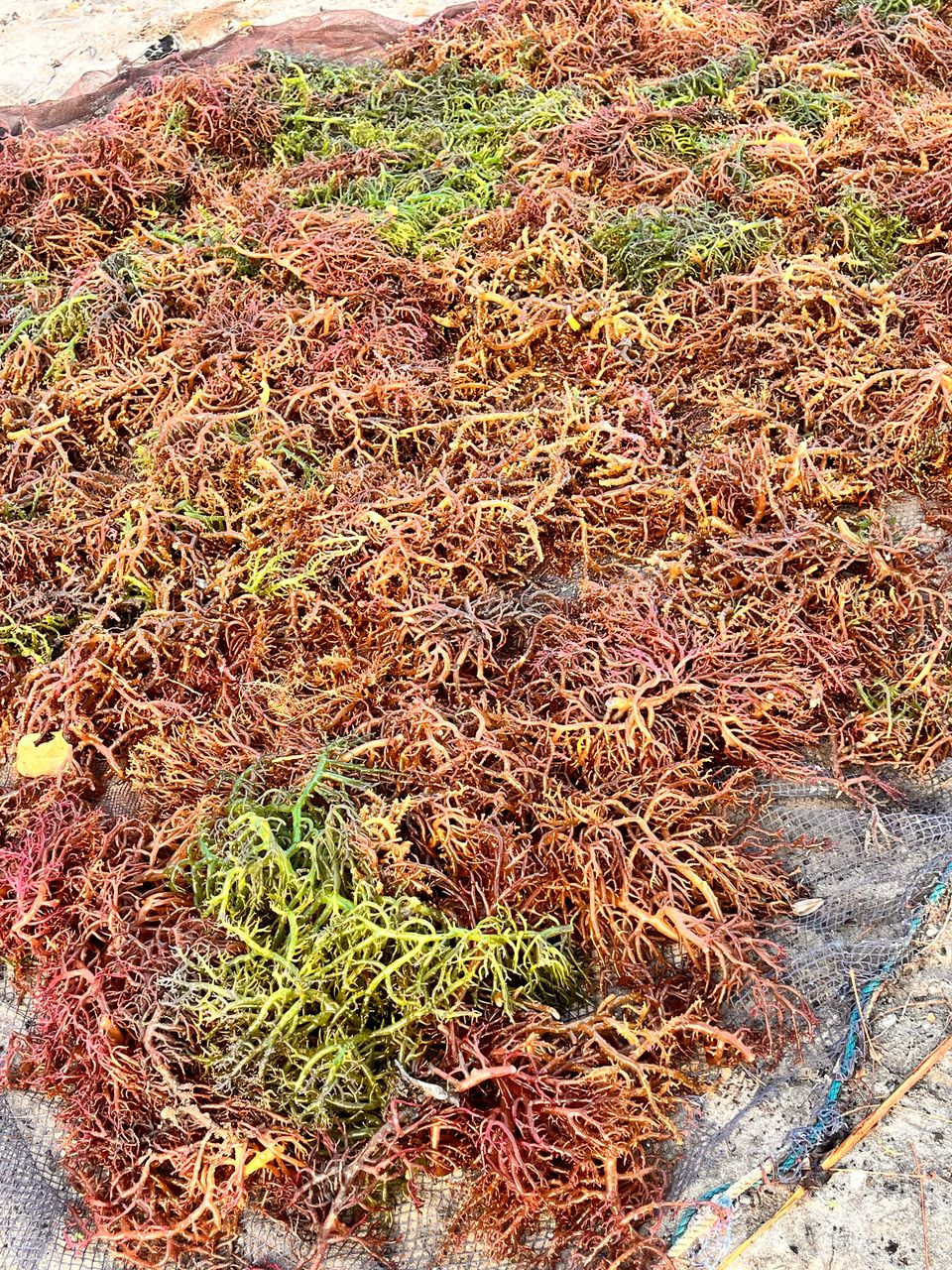UMaine scientists are embarking on six new projects aimed at monitoring and preserving the Northern Forest and its diverse species. These initiatives, supported by a $1.4 million grant from the Northern States Research Cooperative, will contribute invaluable insights into the region’s ecosystem dynamics and facilitate the development of effective conservation strategies. Through collaborative efforts and innovative research approaches, these projects are poised to enhance our understanding of the Northern Forest’s ecological intricacies and support its long-term sustainability.
The newly-funded projects, spearheaded by faculty from UMaine’s College of Earth, Life and Health Sciences, include:
- Creating socially-informed forest management practices for climate change adaptation and resilience. The project is led by Jeanette Allogio, faculty member with the Center for Research on Sustainable Forests and ecologist and data manager for the Penobscot Experimental Forest.
- Developing a new eastern white pine health index using satellite remote sensing. The project is guided by Pulakesh Das, postdoctoral research associate in the School of Forest Resources.
- Digitizing UMaine’s Sewall Archive of more than 700,000 aerial photographs, and making it publicly accessible. The project, overseen by Dan Hayes, associate professor of geospatial analysis and remote sensing, and conducted by graduate student Peter Howe, will allow people to explore landscape-scale changes in the Northern Forest.
- Investigating non-target impacts of hemlock wooly adelgid biocontrol agents to promote healthy conifers in the region. The project is led by Angela Mech, assistant professor of forest entomology in the School of Biology and Ecology.
- Quantifying the influence of site on species distribution at a spatial resolution compatible with management activities under future growing conditions. The project is directed by Michael Premer, assistant professor of forest management with the School of Forest Resources.
- Developing a framework to better understand the distribution of carbon stocks and wildlife habitat connectivity across the Northern Forest. The project is led by Sydne Record, associate professor of landscape conservation in the Department of Wildlife, Fisheries, and Conservation Biology.
The funding will also support research led by Jason Johnston, associate professor of wildlife ecology with the University of Maine at Presque Isle, to determine how effective environmental DNA (eDNA) can be at assessing the ability to detect forest pests and biodiversity in light of current and emerging threats. The seven Maine projects are among 18 the Northern States Research Cooperative for projects recently funded with $4.5 million in grants.




